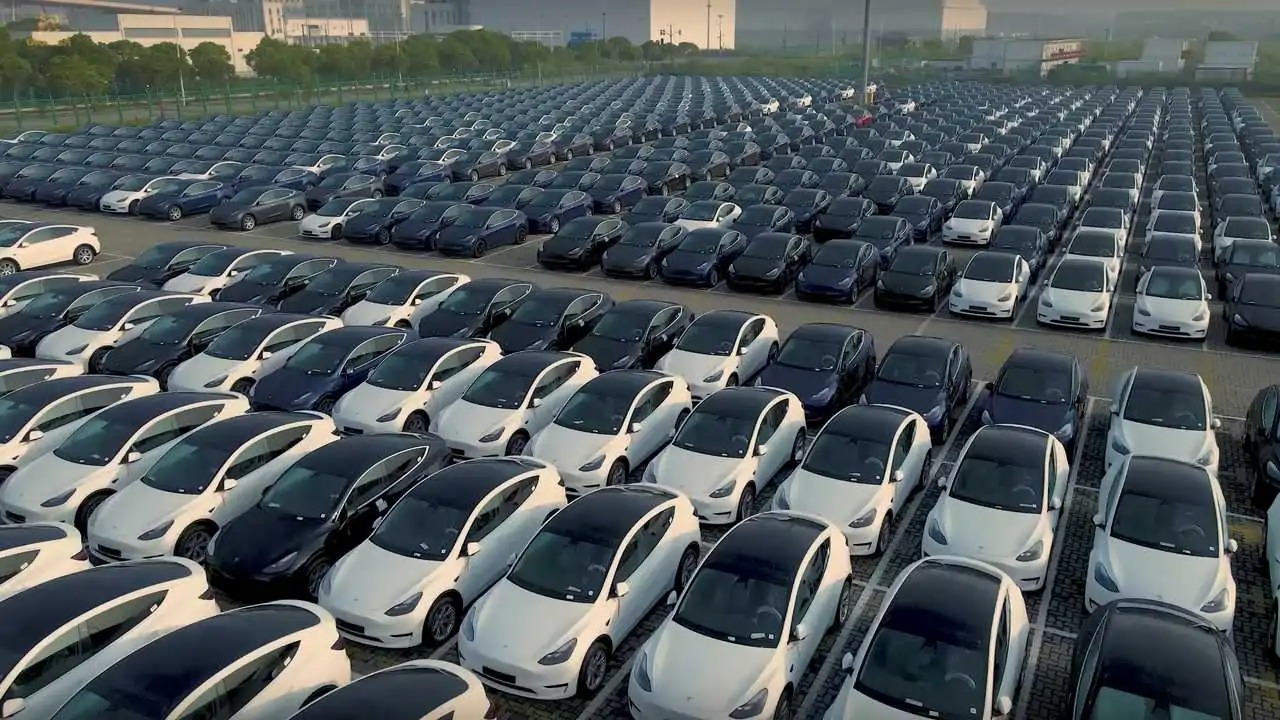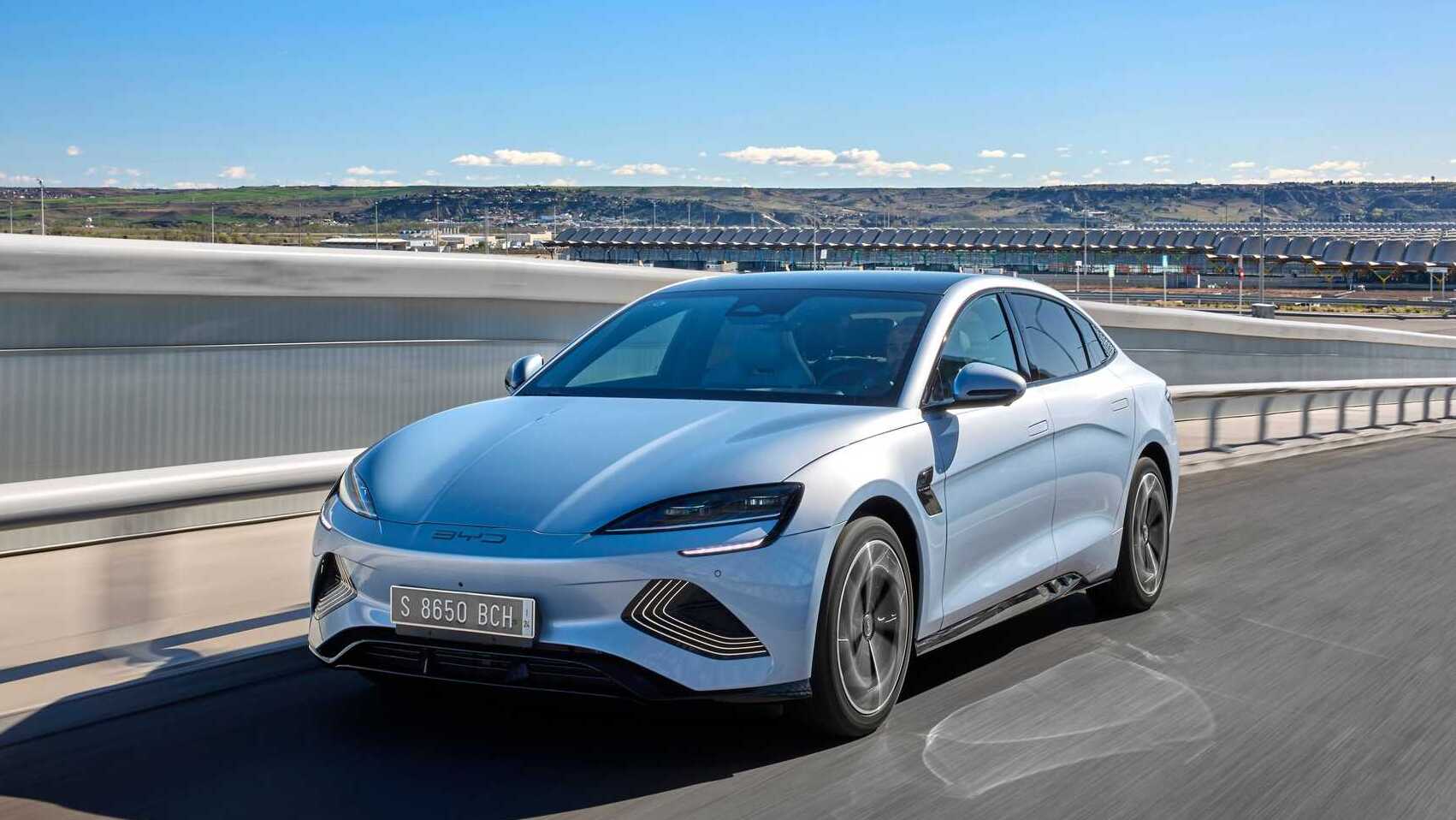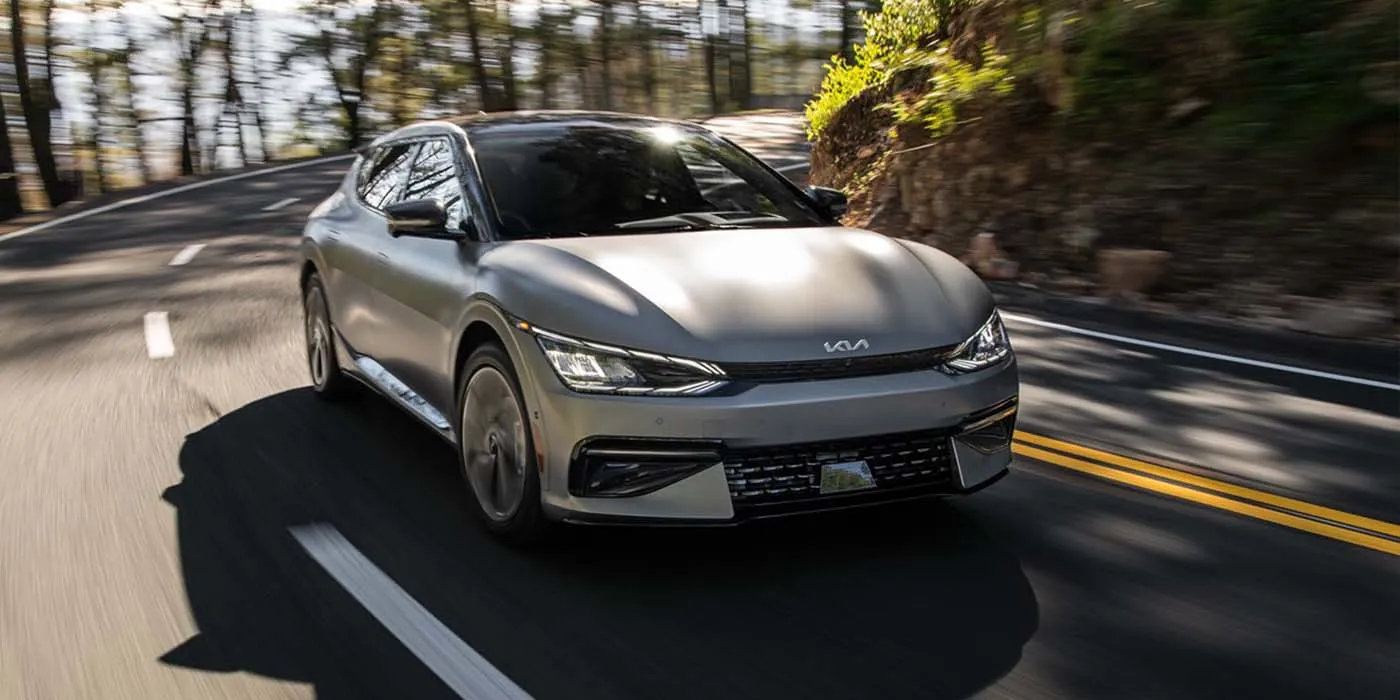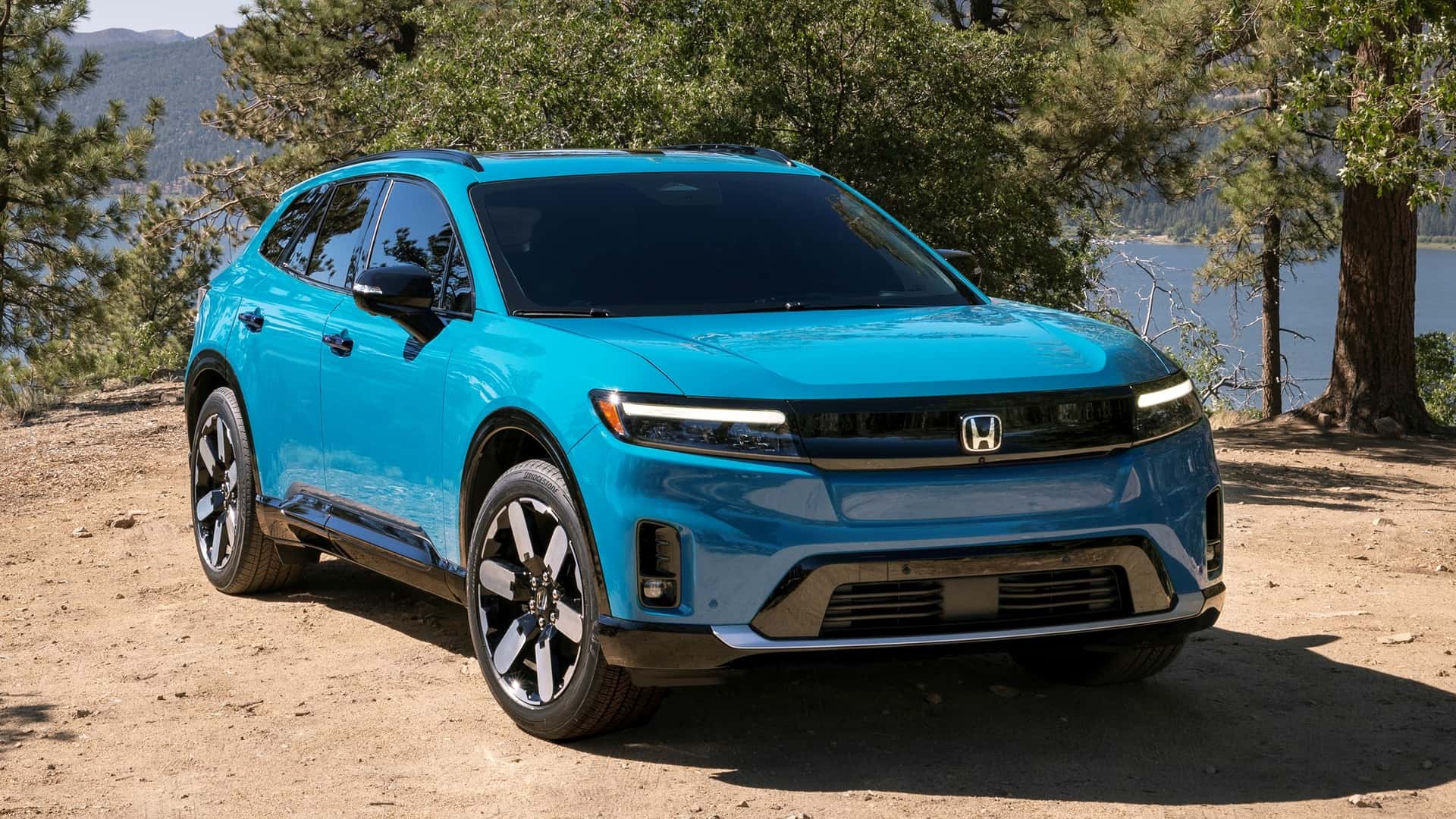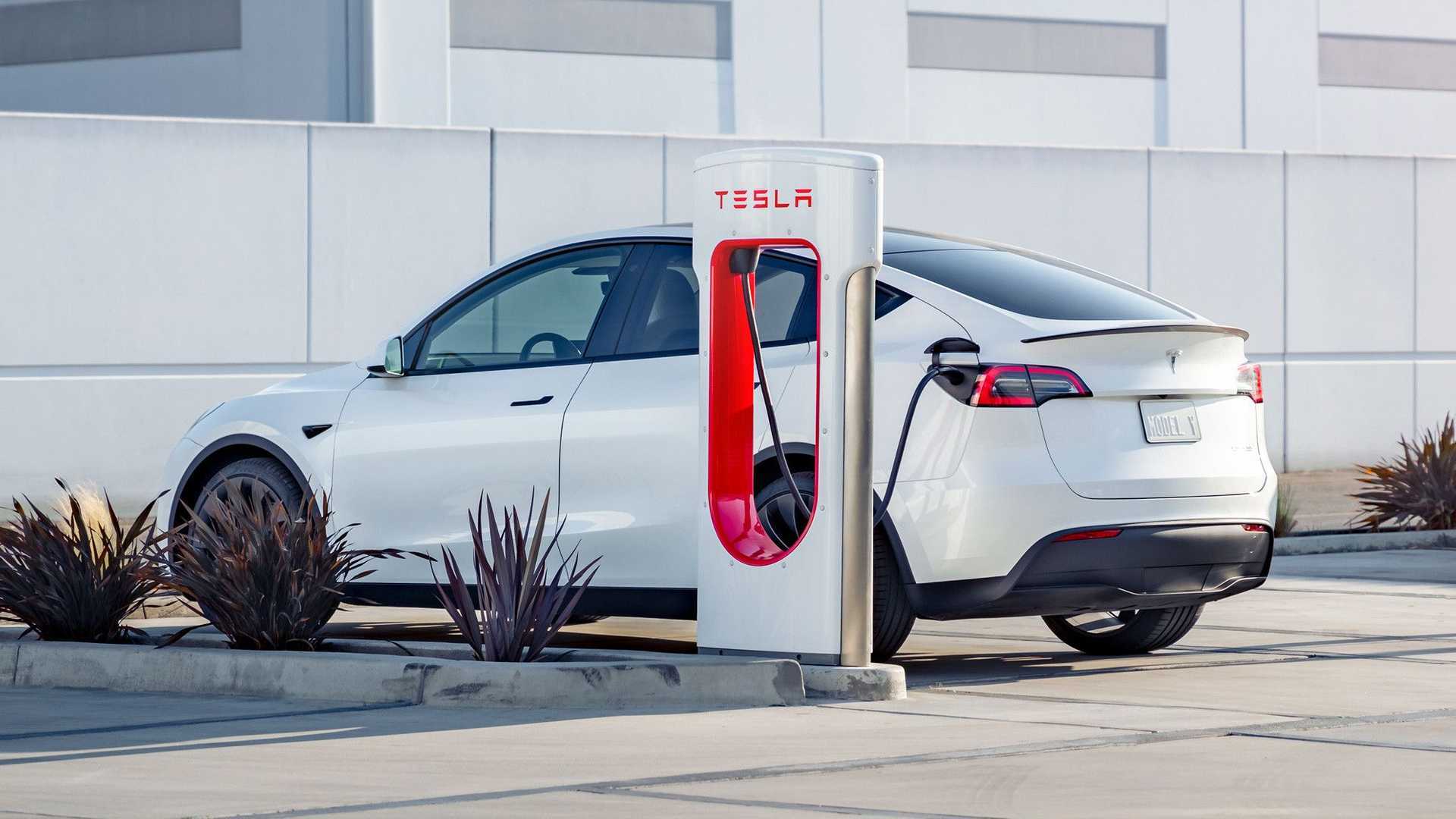Electric vehicle (EV) sales continue to show resilience on a global scale, with China notably reporting record monthly sales in October, according to market research firm Rho Motion. Despite the conclusion of an 11-year subsidy scheme for EV purchases in China in 2022, the country witnessed a 29% year-to-date increase in EV sales in September, making it the world’s largest auto market.
China’s sustained EV demand defies expectations following the subsidy cut, with some local authorities extending aid, tax rebates, and consumer subsidies to attract investments. The global EV market, as a whole, demonstrated a 34% growth during the same period.
Rho Motion highlights the approaching final two months of the year as traditionally strong for vehicle sales in China, predicting 2023 to be another significant year for the country in terms of EV sales.
In contrast, European markets experienced a 26% growth in EV sales, grappling with reduced subsidies, particularly notable in Germany where business subsidies were eliminated in September. Rho Motion emphasizes the importance of subsidies in the German market, where nearly two-thirds of passenger car registrations are commercial.
While high interest rates and a subdued market pose challenges in Europe, EV sales in North America surged by 78% year-to-date. Notably, Tesla continues to dominate the North American market, securing the majority of demand as legacy automakers cautiously approach production scaling.
Despite Tesla’s persistent market strength, a report by dealer services firm Cox Automotive in October revealed a slip in Tesla’s market share to the lowest on record at around 50% during the third quarter, even with price cuts.
As the electric vehicle landscape continues to evolve globally, the resilience of EV sales in various regions presents a dynamic and evolving market scenario.

